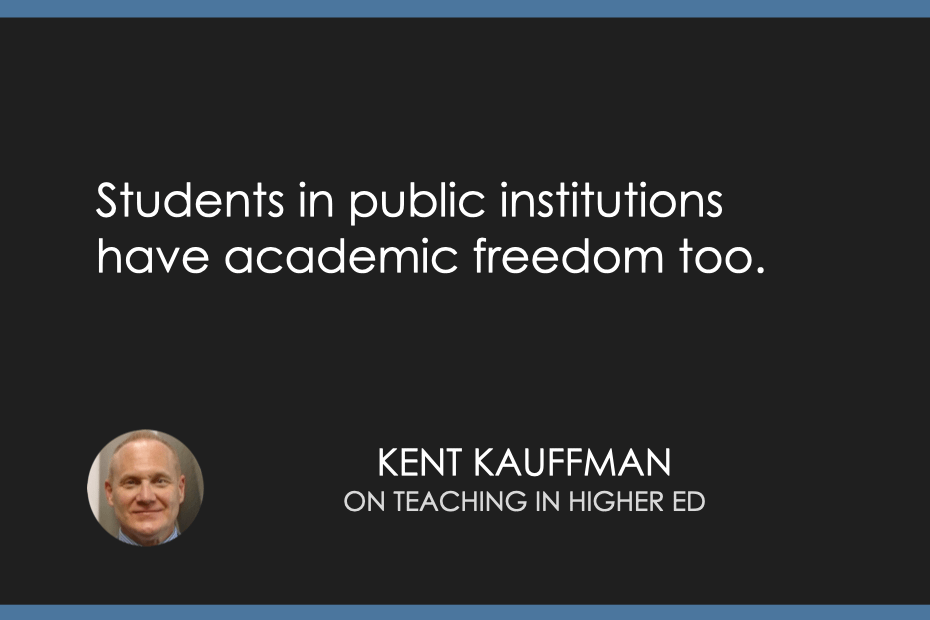
 Teaching in Higher Ed
Teaching in Higher Ed Key Legal Issues College Faculty Need to Know
9 snips
Feb 13, 2025 Kent Kauffman, an associate professor of business law and ethics at Purdue University, discusses vital legal issues for college faculty, drawing from his book, "Navigating Choppy Waters." He highlights the importance of clarity in syllabi as communication tools rather than contracts. Kauffman addresses academic freedom, noting that both faculty and students possess rights in public institutions. He also explains ownership of teaching materials and copyright implications, providing insights essential for navigating the complexities of academia.
AI Snips
Chapters
Transcript
Episode notes
First Teaching Experience
- Kent Kauffman's first teaching experience was a mix of disaster and serendipity.
- Accusations of unfair grading in his criminal law class contrasted with positive experiences in other subjects.
Legal Issues in Teaching
- Understand potential legal issues related to grading and evaluations.
- Courts generally don't recognize educational malpractice, protecting faculty decisions if rational.
Syllabi and Contracts
- Avoid asserting your syllabus as a contract, as this can create legal vulnerabilities.
- Courts generally do not view syllabi as contracts, giving faculty flexibility to change policies.

